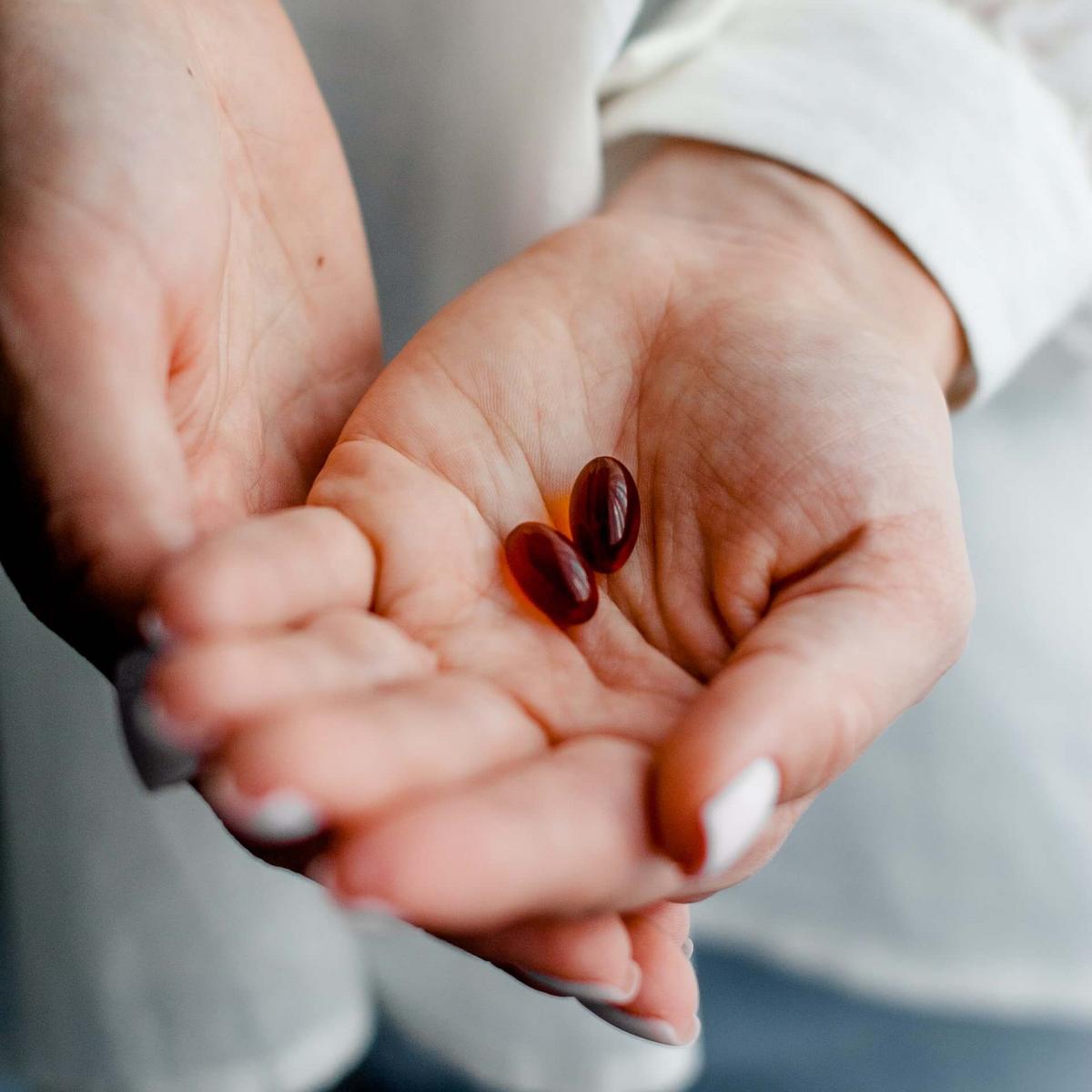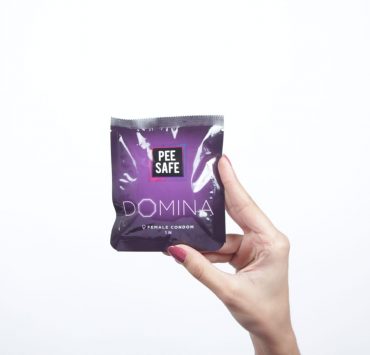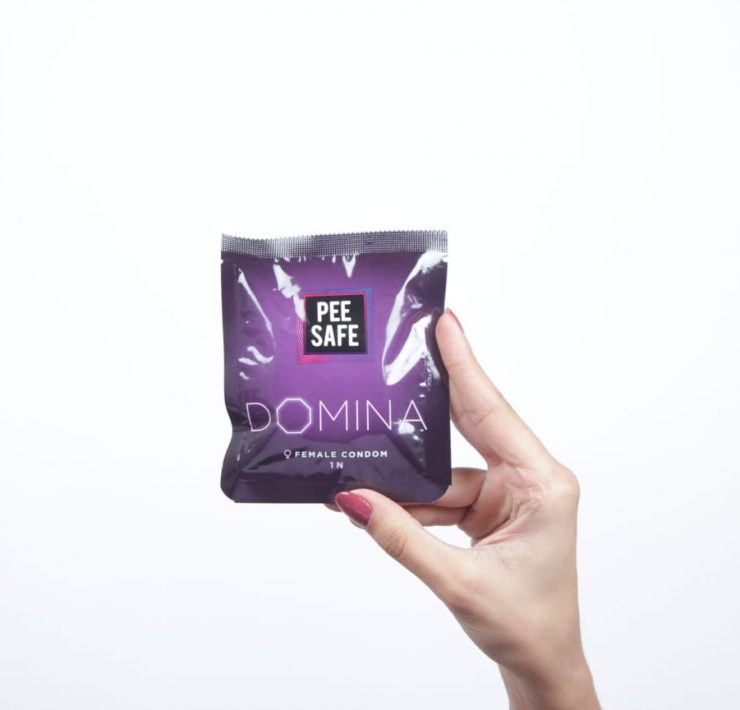Home » Contraceptives vs Female Condoms Effectiveness: What Do You Choose?
Contraceptives vs Female Condoms Effectiveness: What Do You Choose?

There’s a myth ingrained in our minds – that Indian women are too coy about enjoying physical pleasure. For urban Indian women, sex for fun doesn’t have to end in pregnancyPregnancy is the state of carrying a developing embryo or a ... More. But it’s essential to consider various contraceptionAlso known as birth control, contraception is the act of del... More and female condoms effectiveness.
Urban Indian women have several reasons to delay pregnancy. They are aware of the health risks of having a child early or getting pregnant too soon after having a child. Plus, they are prudent enough to consider their career, financial status, etc., before planning a child.
Between female condoms and other contraceptive means, what’s best for you? Find out now!
Contraceptives vs Female Condoms Effectiveness and Downsides
Women in India have access to various birthAlso known as childbirth or labor, birth is the process by w... More control methods. Some of them involve hormones, like oral contraceptive pills, injections, implants, rings, emergency contraceptive pills, and more. All these methods can change the hormone levels in your body and affect your mood and libido.
There are physical methods like IUDs, which is a painful choice, or diaphragms, which are not too reliable. Then there’s sterilization, a permanent solution. All of these are invasive options. Don’t forget that contraceptives are becoming less accessible, especially after Covid-19.
But depending on lifestyle, health conditions, relationships, chances of contracting STIs, etc., many women choose methods that offer long-term or permanent prevention from pregnancy. But if you want a quick physical birth control tool, female condoms are ideal.
It’s vital to use female condoms properly in order to ensure that they work effectively. When used correctly, they are 95% effective, without hormonal changes, invasive procedures, or permanent alterations. Naturally, female condoms are gradually becoming more popular.
Birth Control Pills Side Effects and Drawbacks
There are different hormonal and non-hormonal birth control methods. Unfortunately, they all come with their own disadvantages. Here’s a look at each of them, one by one.
a) Oral Contraceptive Pills
For OCPs to be effective, you must take them daily without fail. Plus, if you cannot take medicines containing oestrogen, you can’t take OCPs.
b) Emergency Contraceptive Pills
You can pop one after unprotected sex to prevent pregnancy, but you have to be ready for spotting. Plus, your next periodPeriods are commonly known as “mensuration”. This is the... More will either be delayed or too early.
c) Contraceptive Ring
The primary disadvantage is that you’ll have to keep replacing it on a timely basis. Plus, it’s not for you if you can’t take oestrogen-based medicines.
d) Contraceptive Implant
This progesterone-based contraceptive method requires local anaesthesia. Plus, it may cause irregular bleeding in the initial stage.
e) Contraceptive Injections
You have to keep track of the duration for which it is used. In addition, it can lead to irregular periods or bleeding.
f) IUDs
The T-shaped device inside the uterus can cause spotting or irregular bleeding initially. It can also cause discomfort and pain.
g) Sterilisation
This method is irreversible and needs an open surgery or a minimally invasive procedure. There may be some complications later.
All of them have a few disadvantages in common. Firstly, they will not protect you from contracting STIs. Additionally, you’ll need a gynecologist to perform a procedure or write you a prescription. Sadly, women face judgment from doctors and prefer over-the-counter solutions.
These contraceptives also cause several other side effects like:
- Headache,
- Mood swing,
- BreastThe main task of the breast is milk production for the baby ... More tenderness,
- Weight gain,
- Nausea,
- Low libido,
- Spotting, etc.
The only alternatives are diaphragms and condoms. Sadly, diaphragms are not readily available, especially in India. Plus, it’s considered less effective than other methods and certainly harder to insert. This leaves us with condoms as the top choice.
Female Condoms Effectiveness
Male condoms are the most popular choice for preventing unwanted pregnancies and STDs. But women today want control over their own reproductive and sexual safety. So, instead of depending on their partners, they now choose female condoms.
Internal condoms or female condoms are highly effective when it comes to preventing pregnancy and infections, as long as you use them correctly. Their effectiveness can vary from 79% to 95%. For best results, you must wear them properly – and from the beginning till the end.
Many women pair internal condoms with other contraceptive meals like OCPs, UIDs, etc. This provides additional protection against pregnancy while reducing the chances of contracting sexually transmitted diseases. However, you should never use them with male condoms.
Female Condoms Advantages
Female condoms have some clear advantages – over male condoms, as well as other contraceptives. The benefits of female condoms include the following:
- You don’t need a prescription to buy them.
- They allow you to enjoy uninterrupted intimacyIntimacy refers to a close bond between loved ones. It can b... More.
- They are more comfortable for your partner.
- They don’t involve hormones or invasive procedures.
- They can be used for anal sexAnal sex is a kind of sexual intercourse in which the erect ... More.
Female condoms have some clear advantages over other birth control procedures. The number of Indian women choosing to take responsibility for their reproductive health is on the rise – and female condoms effectiveness makes it possible. So choose Domina female condoms – and enjoy freedom from worrying about unwanted pregnancies.
What's Your Reaction?
Web content writer for 9 years - learning and every day and helping to empower people with knowledge.









